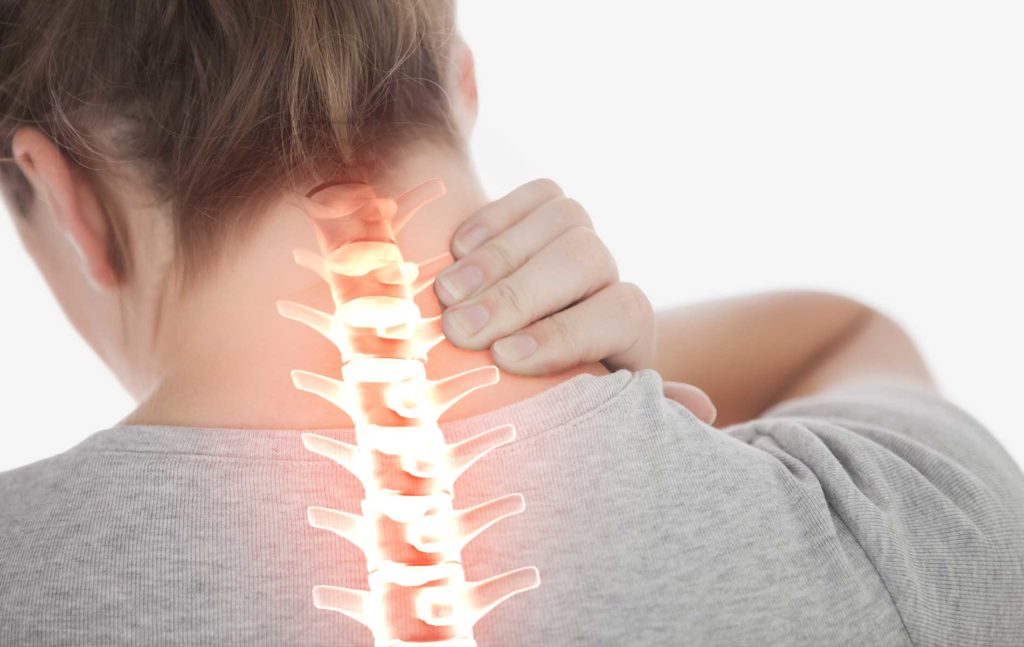Conditions
Pain Management

Acupuncture for Pain Management
Western approach of treating pain is either pharmacologic or invasive surgeries. Opioid crisis is an outcome of conventional pharmacologic intervention in treating low back pain. Now, doctors are eager to find a drug-free approach to treat pain in light of the dangers of opioids dependency which includes medicine such as codeine, morphine, OxyContin, Percocet, and Vicodin. Recently CDC called deaths from opioid overdoses “an epidemic.” Acupuncture is an excellent non-pharmacologic and non-surgical option to treat pain and is recommended by American Association of Physicians (2018).Chronic Pain
Acupuncture has long been recognized as an effective treatment for chronic pain. In 2012, a study found acupuncture was better than no acupuncture or simulated acupuncture for the treatment of four chronic pain conditions:
- Back and neck pain
- Osteoarthritis
- Chronic headache
- Shoulder pain

Back pain
American College of Physician recommends acupuncture as first line of treatment for acute and subacute low back pain. In fact, a 2012 meta-analysis found that acupuncture was effective in treating chronic low back pain compared with sham acupuncture and no treatment. Systematic reviews of variable quality demonstrated that acupuncture, either used in isolation or as an adjunct to conventional therapy, provides improvements in pain and function for chronic low back or hip pain.Knee pain and Osteoarthritis
For long-term relief of knee pain and inflammation in conditions such as osteoarthritis, research confirms that acupuncture is more effective than ibuprofen and diclofenac. Studies suggest that acupuncture plus herbal medicine outperformed acupuncture plus ibuprofen for pain relief.î In another study, acupuncture outperformed diclofenac for relief of pain, inflammation, and motor impairment due to knee osteoarthritis.î (Health CMI March 2017).Ankle injury
A study by Guilin Central Hospital (2018) concluded that a combination of electro acupuncture, warm needle acupuncture and topical herbal application reduces inflammation and promotes faster healing in patients with acute ankle injuries.Neck and Shoulder pain
A 2004 study from Europe concluded that adequate acupuncture treatments can reduce chronic neck and shoulder pain.Headache and Migraine
Based on a systematic review (2016), there is evidence that acupuncture reduces the frequency of headache in individuals with migraine. This effect may be similar to that observed with preventive medications. The frequency of headaches dropped by 50% or more in 59% of individuals receiving acupuncture. This effect can persist for more than 6 months. Now American Migraine Foundation recommends acupuncture as treatment for migraine.References:
- https://www.aafp.org/news/health-of-the-public/20180521acupuncture.html
- https://www.ncbi.nlm.nih.gov/pmc/articles/PMC4364128/
- https://www.healthcmi.com/Acupuncture-Continuing-Education-News/1720-acupuncture-beats-drugs-for-knee-pain-and-inflammation
- https://www.ncbi.nlm.nih.gov/pmc/articles/PMC2810544/
- https://www.healthcmi.com/Acupuncture-Continuing-Education-News/1920-acupuncture-promotes-ankle-injury-recovery
- https://www.ncbi.nlm.nih.gov/pubmed/15157691
- https://americanmigrainefoundation.org/resource-library/understanding-migraineacupuncture-and-migraine-finding-a-combination-that-sticks/
- https://www.cochranelibrary.com/cdsr/doi/10.1002/14651858.CD001218.pub3/abstract